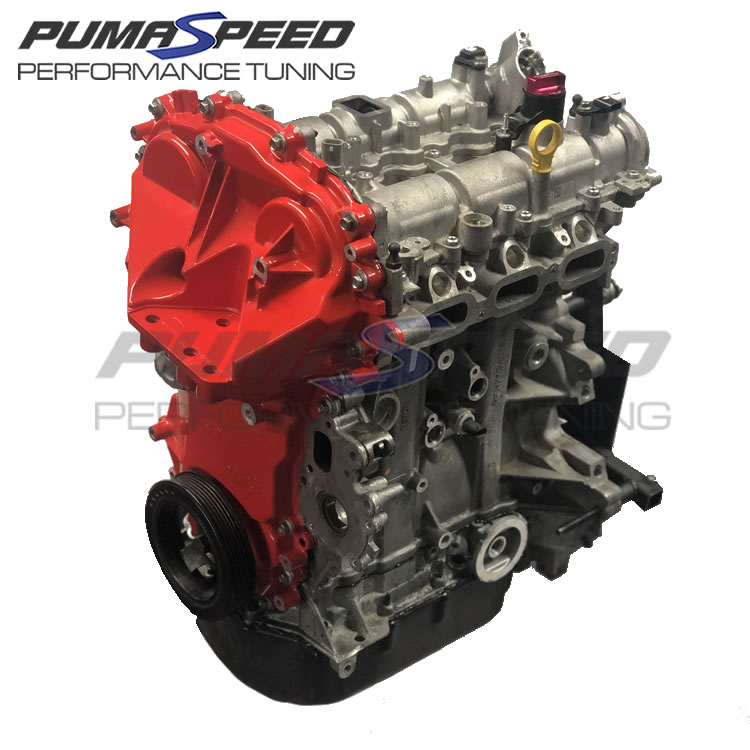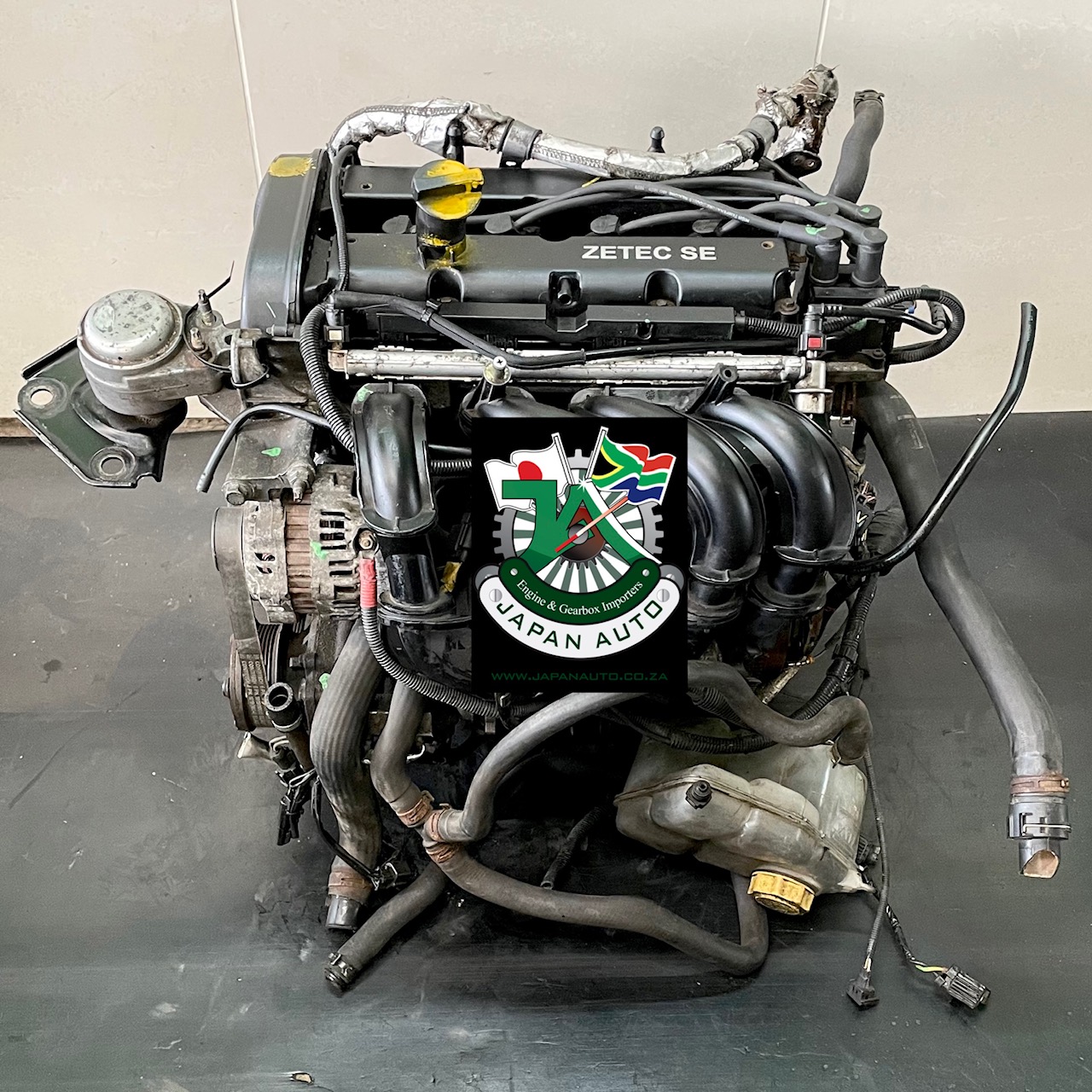The Future of Engines: Advancements Driving Lasting Power Solutions
As the automotive industry browses the critical change towards sustainability, the future of engines is significantly specified by groundbreaking innovations. Electric engine advancements, along with encouraging developments in hydrogen fuel cells and biofuels, are reshaping the landscape of power services. The introduction of crossbreed systems additionally complicates this advancement, offering both possibilities and obstacles to lower exhausts properly. Combined with the combination of expert system in engine style, these technological strides raise critical questions about their lasting stability and influence on standard paradigms. What might this mean for the industry and customers alike?
Electric Engine Dope
The development of electric engine advancements represents a crucial change in the aerospace and auto markets, driven by the immediate requirement for lasting options to fossil fuels. This shift is defined by significant developments in battery modern technology, power electronics, and electrical motor layout, which collectively enhance the efficiency and efficiency of electric engines.
Recent technologies have actually brought about the development of lighter, a lot more energy-dense batteries, such as lithium-silicon and solid-state batteries, which guarantee longer arrays and shorter billing times. In addition, renovations in electrical motor efficiency, such as making use of permanent magnets and progressed cooling systems, make it possible for electric engines to operate efficiently under differing conditions. These improvements not only boost automobile performance however also contribute to a reduction in total power intake.
In addition, the assimilation of innovative software application algorithms has actually optimized power administration in electrical lorries, enabling regenerative stopping and anticipating billing techniques. As makers progressively welcome electric propulsion, the aerospace and automobile fields are witnessing a standard shift towards greener modern technologies. This development not just meets regulatory demands but additionally straightens with customer preferences for ecologically pleasant transport services, solidifying electrical engines as a cornerstone of future sustainable flexibility.
Developments in Biofuels
As the aerospace and auto industries progressively focus on sustainable energy sources, developments in biofuels become a corresponding option to electrical engines. Biofuels, obtained from natural products such as plants, waste, and algae, offer an innovative opportunity for minimizing greenhouse gas discharges and reliance on nonrenewable fuel sources.
Current study has concentrated on boosting the efficiency and sustainability of biofuel production. Second-generation biofuels use non-food feedstocks, lessening competitors with food supply and reducing environmental impact. Additionally, innovations in artificial biology have actually enabled the engineering of microorganisms to produce biofuels better, causing greater returns and reduced production expenses.
Furthermore, the advancement of drop-in biofuels allows for seamless integration right into existing framework, making it possible for a smoother change for industries typically based on nonrenewable fuel sources. ford fiesta engine. These fuels can be utilized in current engines without alterations, facilitating their fostering throughout various sectors
Investments in biofuel technology, along with helpful plans, are essential to drive technology and scalability. As the worldwide community seeks to battle climate adjustment, biofuels offer a practical, immediate solution that aligns with the overarching objective of sustainability in transport and air travel.
Hydrogen Gas Cell Modern Technology
An expanding variety of researchers and firms are exploring hydrogen gas cell innovation as a practical choice to standard source of power in transportation and power systems. This technology transforms chemical energy from hydrogen into power with an electrochemical response, with water as the only by-product, making it an eco-friendly choice.
The core of hydrogen gas cells is the fuel cell pile, where hydrogen molecules are split into protons and electrons. The circulation of electrons creates power, while protons relocate via a membrane to incorporate with oxygen from the air, forming water. This process leads to high performance and low discharges, positioning hydrogen gas cells as a crucial gamer in the transition to sustainable power.
Considerable innovations have been made in enhancing the durability and performance of fuel cells, along with reducing expenses via ingenious production techniques. The development of hydrogen production methods, such as electrolysis powered by sustainable power sources, enhances the sustainability of the general system. As facilities for hydrogen refueling expands and manufacturing techniques become much more effective, hydrogen gas cell modern technology holds terrific promise for decarbonizing various industries, including durable transportation and fixed power generation.
Crossbreed Equipments and Their Influence
Hybrid systems represent a considerable development in sustainable engine technology, merging traditional inner burning engines with electric propulsion to optimize energy effectiveness and minimize emissions (ford fiesta engine). This dual strategy allows cars to utilize both source of power, making it possible for higher flexibility in energy intake and minimizing company website reliance on nonrenewable fuel sources

In addition to environmental advantages, hybrid systems provide customers a viable transition towards completely electric lorries. They relieve array stress and anxiety by integrating the convenience of fuel with the benefits of electrical propulsion, making them an appealing alternative for a bigger target market. As producers spend in hybrid technology, the development of advanced battery systems and light-weight products remains to improve performance. On the whole, hybrid systems represent a pivotal action towards attaining sustainable transport and dealing with the urgent demand for eco-friendly power services.
The Function of AI in Engine Style
Leveraging sophisticated formulas and artificial intelligence strategies, the automotive industry is progressively incorporating expert system (AI) into engine style processes. AI boosts the efficiency and effectiveness of style by assessing huge datasets to identify optimal setups and efficiency specifications. This capacity go right here enables designers to imitate various operating conditions and predict engine actions under numerous circumstances, significantly decreasing the time and cost connected with typical prototyping approaches.
In addition, AI facilitates the development of sophisticated products and burning procedures tailored for sustainability. By enhancing gas performance and minimizing exhausts, AI-driven layouts straighten with international campaigns aimed at reducing the carbon impact of auto engines. Equipment learning algorithms can also forecast upkeep requirements, leading to enhanced dependability and durability of engine components.
Moreover, AI contributes in the assimilation of electrification modern technologies, such as crossbreed systems, where it can enhance battery administration and energy recuperation procedures. As the sector relocates towards even more sustainable power services, the role of AI in engine design comes to be significantly important, driving advancement and improving the performance of future engines. Ultimately, the cooperation between AI and engine layout advertises a brand-new period of smarter, cleaner, and much more efficient auto innovations.

Verdict
Finally, the future of engines is being shaped by a convergence of ingenious technologies that prioritize sustainability. Electric engine developments, biofuel advancements, hydrogen gas cells, and crossbreed systems jointly add to a significant reduction in emissions and environmental impact. Furthermore, the assimilation of artificial knowledge in engine layout boosts effectiveness and efficiency. These transformative services highlight a commitment to producing a cleaner, much more sustainable automobile landscape, inevitably profiting both culture and the atmosphere.
Electric engine advancements, alongside encouraging growths in hydrogen fuel cells and biofuels, are reshaping the landscape of power remedies. In addition, renovations in electrical motor effectiveness, such as the use of irreversible magnets and check here advanced cooling down systems, make it possible for electric engines to operate properly under varying conditions. By optimizing gas performance and reducing emissions, AI-driven layouts align with global initiatives intended at decreasing the carbon impact of vehicle engines. As the industry relocates in the direction of more lasting power options, the role of AI in engine layout becomes increasingly essential, driving advancement and enhancing the efficiency of future engines. Electric engine advancements, biofuel growths, hydrogen gas cells, and hybrid systems jointly add to a considerable decrease in discharges and ecological impact.